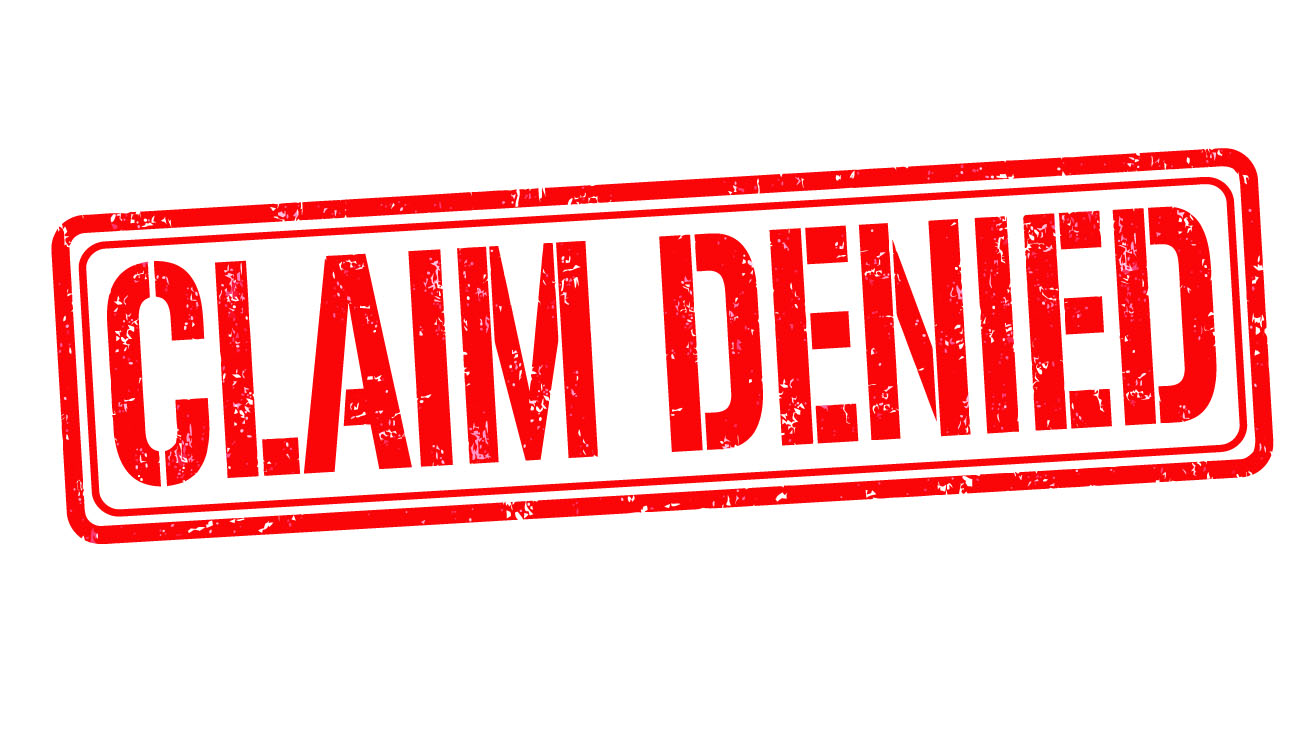Personal Injury Law: What to do if your health insurance claim is denied
When you make health insurance claims, you expect to be treated and compensated according to your policy. However, for many families through Quincy and Central IL, their claims are denied, leaving them with high-cost medical bills that they’re supposed to pay out of their own pocket. What are they to do? Where can they go for help? The first step is to find out why the claim was denied. The next step, is to get the help that you need. Read more below for additional details about personal injury law, denied health insurance claims, and your legal options for pursuing the financial compensation that you deserve!

Reasons for Claim Denial
The first step in this process is to figure out why your claim was denied in the first place. There can be quite a few reasons for this as insurance policies are many times confusing and not well explained at the time of purchase. The most common reasons that claims are denied includes:
- The services or procedures are not covered under your policy
- Service or procedures is considered experimental, cosmetic, or not medically necessary
- Service or procedure was performed without the proper referral or authorization
- You used an out-of-network provider
- Typographical errors were made on critical forms
- Service or procedure was outside the limits of your policy
Steps to Take After Denial
The next step to take is to send a formal letter appealing your claim denial that includes the best, most logical arguments for why you should be approved. For something simple like a typo, these appeals may be successful. However, for more complicated matters, a formal letter usually won’t do the trick. That’s when you move on to step two.
Step two is getting a lawyer involved and suing for the denial of your claim. The personal injury law process may be long and drawn out, but a trusted lawyer will stick by you to the end and fight for your rights and fair compensation under the law.

Filing a Lawsuit
Once you’ve filed a lawsuit, you’ll most likely have to prove that the insurance company didn’t uphold their end of the policy contract, or you’ll have to prove that the insurance company acted in bad faith by refusing to investigate your claim, needlessly delaying your claim or some other sue-able offense.

Statute of Limitations
As always with lawsuits, there’s the statute of limitations to worry about. These may vary depending on your state and your place of residence. However, your lawyer will have the training to answer these and other personal injury law questions regarding your specific case.





